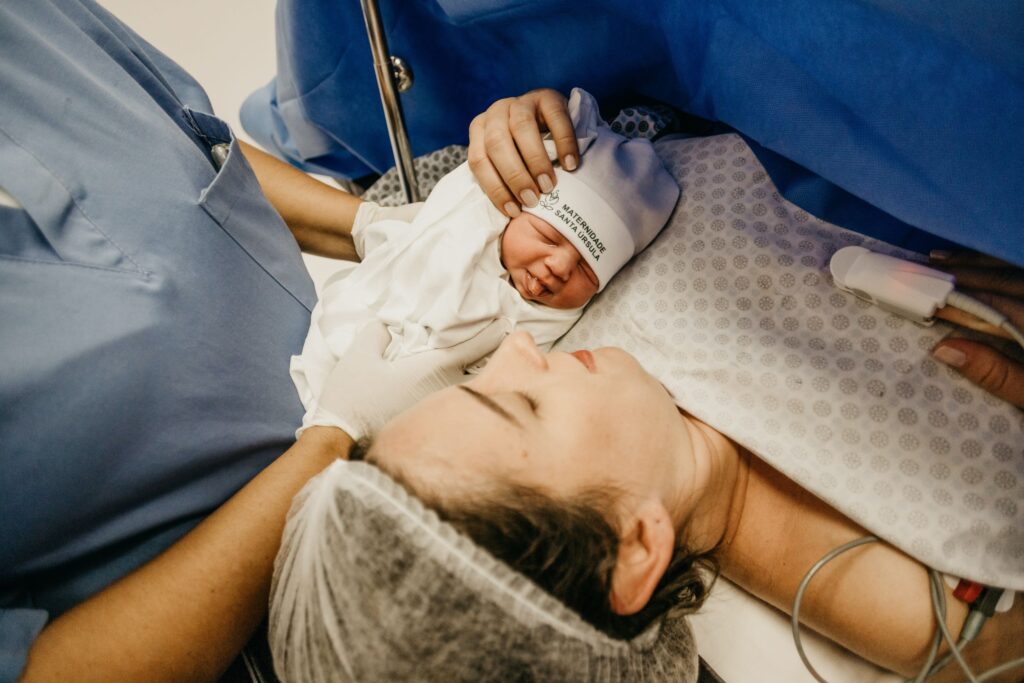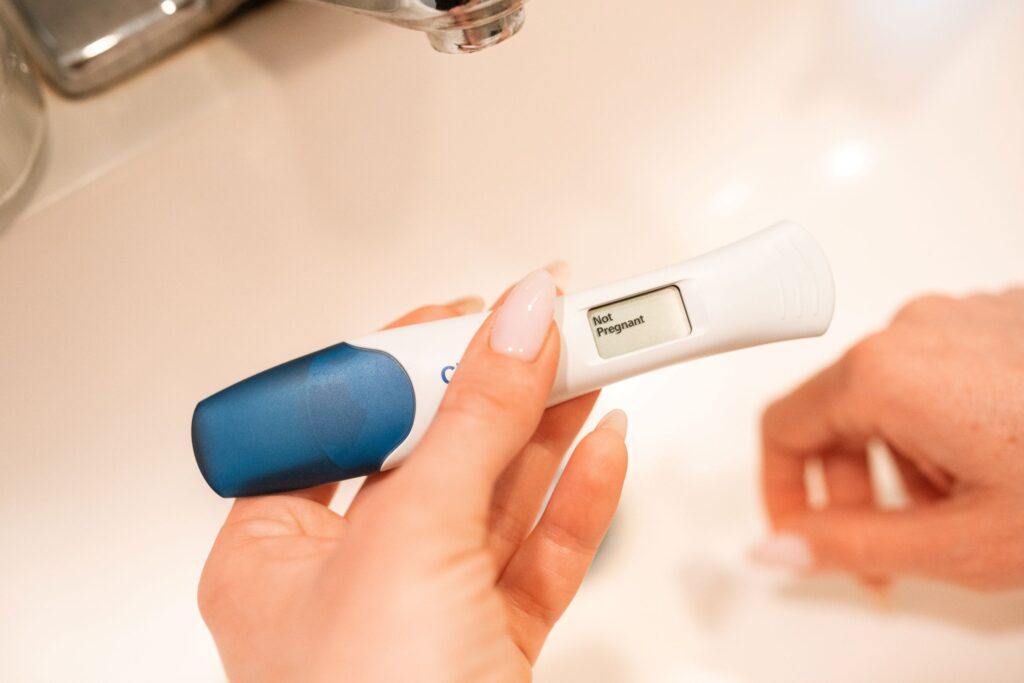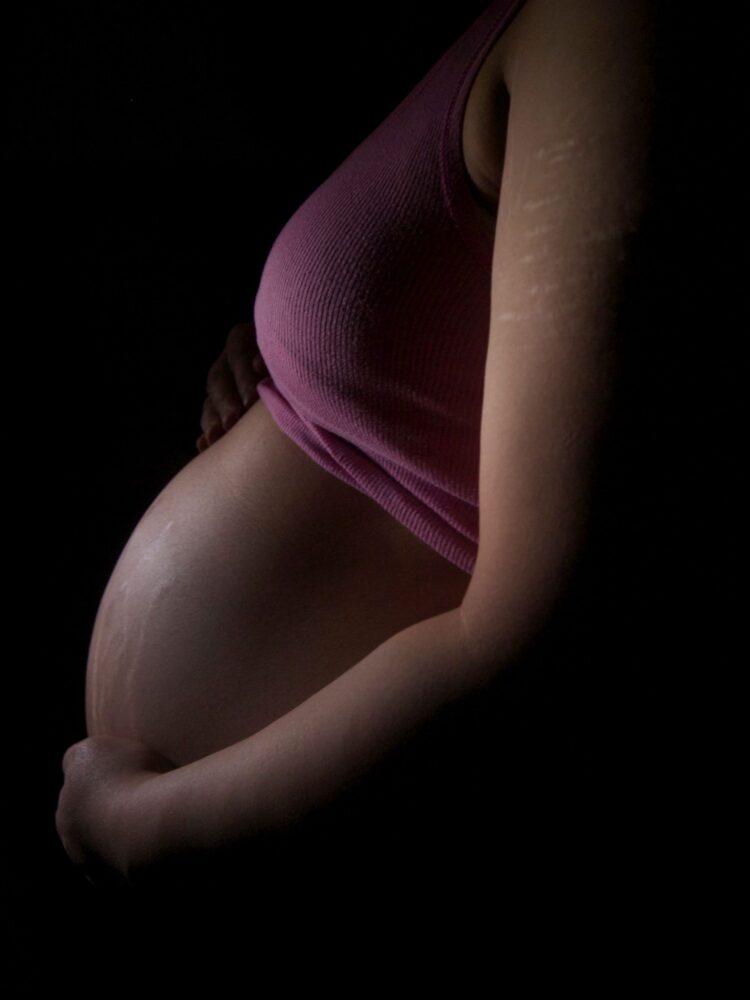The announcement that the HSE will introduce publicly-funded fertility treatment services was met with relief and joy by people desperate to start or expand their family – until they read the eligibility criteria
On 25 July (World IVF Day) the HSE announced that it will introduce publicly funded fertility treatment services from September 2023. This includes treatments such as IVF, IUI and ICSI for people who meet the access criteria.
Dr Clíona Murphy, Clinical Director, HSE National Women and Infants Health Programme (NWIHP), said: “This is the first and very exciting phase in the rollout of Assisted Human Reproductive Services in Ireland and an important development to support people who need fertility treatments. We are delighted to see investment in this area to ease the financial burden for public patients and it will significantly increase access to services for many.”
Where will it be available?
The service will initially be provided by approved private providers on behalf of the HSE, while the HSE over time builds up a network of public capacity to deliver the service directly within the public health system.
People who are experiencing fertility issues should talk to their GP, who can do initial tests. Patients can then be referred by their GP to their local Regional Fertility Hub, where they can expect to avail of a wide range of investigations and interventions including: relevant blood tests, semen analysis, fertility-related surgeries and medical management of fertility challenges including ovulation induction with follicle tracking.
There are six regional fertility hubs within public maternity hospital networks across the country that are already providing services to people experiencing fertility issues. The hubs currently receive approximately 150 new referrals on a monthly basis.
From September, if further advanced treatment is recommended by a Reproductive Medical Consultant and the patients meet the Access Criteria, the hubs will refer patients to a HSE-approved private provider of their choosing. There is no cost to patients for the recommended treatment through the private providers.
The HSE has said that it will be actively monitoring and reviewing the demand on this service, and reviewing patient needs with the six fertility hubs and the network of HSE-approved private providers.

Who is eligible for this service?
- Individuals must reside in the Republic of Ireland and be referred through their GP to a regional fertility hub
- Eligible couples must have no living children from their existing relationship
- At least one partner in the relationship must have no living child
- Individuals must have either had no previous treatment or a maximum of one previous IVF cycle where all embryos created have been used
- Neither partner can have had voluntary sterilisation
- A self-declaration form to assess the welfare of future children must be completed
- There cannot be more than two intending parents as a result of the treatment
- The couple must have been in a relationship for at least one year
- The intending birth mother should be a maximum age of 40 years plus 364 days at the time of referral to the regional fertility hub
- The maximum referring age for males is 59 years plus 364 days
- The intending birth mother must have a BMI within the range of 18.5 kg/m2 to 30.0 kg/m2
Public reaction
The reaction to the announcement has been mixed, with most lamenting the restrictive criteria that has eliminated many people who may have initially greeted the news with elation before reading the fine print, so to speak. While certain factions applauded the new measures, others were less impressed by the eligibility criteria.
Fertility coach and former midwife, Helena Tubridy, stated that just giving couples one round of IVF was not enough because “on average, six cycles of IVF are needed for success.”
Speaking to Irish Country Magazine, she said: “The medical care to prepare for IVF or to fix any underlying problem first is crucial – things like endometriosis excision surgery – and not jumping straight into IVF.”

She also explained that she’s passionate about people who already have one child being given the chance to do IVF to have a second baby.
“I think the State could be spending our money better,” she continued. “They could get better deals using their clout with the commercial fertility clinics and make sure that both women and men are properly investigated, properly diagnosed and properly treated. It takes two to make a baby.”
Social media lit up with tweets and comments on news posts wondering why BMI was a factor and why the cut-off age for women was 40 (+364 days) and 59 (+364 days) for men.
Finally having publicly funded IVF in Ireland is great.
— Senator Marie Sherlock (@marie_sherlock) July 26, 2023
But the reality is that no private clinic would ever turn a woman away at the door because of her BMI and age.
So we are tolerating this in the public system?
Surely people should be assessed on all their health? https://t.co/KYxV9eU1ux
Fertility expert Jessica Bourke aka. The Fertility Detective on Instagram, questioned the reasoning behind this as the age for female eligibility in the UK is 43. She wrote:
“I find it maddening that the age debate completely ignores a person’s individual state of health! For example, if you’re a healthy 41 year old, with a regular menstrual cycle, no background health concerns, but your partner has suboptimal sperm so you need IVF, you would be excluded from treatment. That just seems utterly illogical to me.”
There was also a strong reaction to the decision to exclude single people and same sex couples from access to the treatment, as well as those hoping to use donor egg or sperm. (Although the latter issue is reported to be up for review sooner than the rest)
What happens next?
Speaking on Newstalk’s The Hard Shoulder on Tuesday 25 July, Minister for Health Stephen Donnelly said the strict criteria was introduced to ensure people had the “highest chance” of success.
However, he also said he was open to expanding the rules in the future, calling it a “first step” in the provision of these services.








